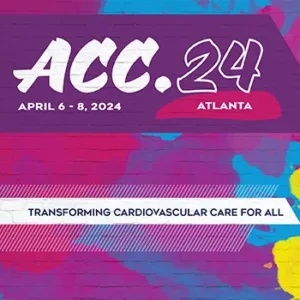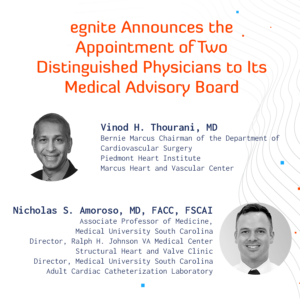BACKGROUND
Severe aortic stenosis (AS) remains a life-threatening form of valvular heart disease. Missed diagnosis of severe AS can lead to a delay in treatment and poor outcomes, but there are limited tools available to help physicians minimize the risk of missed diagnoses.
OBJECTIVE
Here, a Diagnostic Precision Algorithm was developed from a deidentified dataset of 1,147,157 echocardiographic reports from 35 institutions (egnite Database; egnite, Inc., Aliso Viejo, CA, USA) to help physicians identify patients who may have incorrectly not received a severe AS diagnosis and prioritize these findings for secondary clinical review.
METHODS
Inclusion criteria required the presence of three standard Doppler indices (aortic valve area [AVA], jet velocity [JV], and mean pressure gradient [MPG]), with at least one in the severe AS range (per AHA/ACC criteria), and documented assessment of AS severity. Included reports were divided into training/validation (N = 18,040) and test (N = 4,533) datasets. Using a decision tree algorithm, a Severe AS Index that estimates the likelihood that a patient with similar values would have severe AS diagnosed was developed from the training/validation dataset using AVA, JV, and MPG measurements, as well as left ventricular ejection fraction (LVEF) when available. This was compared to the reported interpretation of the echocardiogram, which was extracted using a validated natural language processing algorithm that demonstrated 100% accuracy across a sample of 600 echocardiographic reports. When the prediction of the Severe AS Index and the report interpretation disagreed, the patient was flagged for secondary review.
RESULTS
Across the test dataset, the Diagnostic Precision Algorithm successfully predicted the actual severe AS population proportion with an average error of 2.1% points when LVEF was available and 2.2% points when LVEF was not available.
CONCLUSIONS
The Diagnostic Precision algorithm was highly accurate at identifying the likelihood of severe AS diagnosis and applying this information to prioritize physician follow-up for patients who may have undiagnosed severe disease.
Thomas JD, Petrescu OM, Moualla SK, Dobbles M, Hays JC, Rodriguez E, Barnhart GR. Artificial intelligence to assist physicians in identifying patients with severe aortic stenosis. Intelligence Based Medicine. 2022;6:100059. doi: 10.1016/j.ibmed.2022.100059



